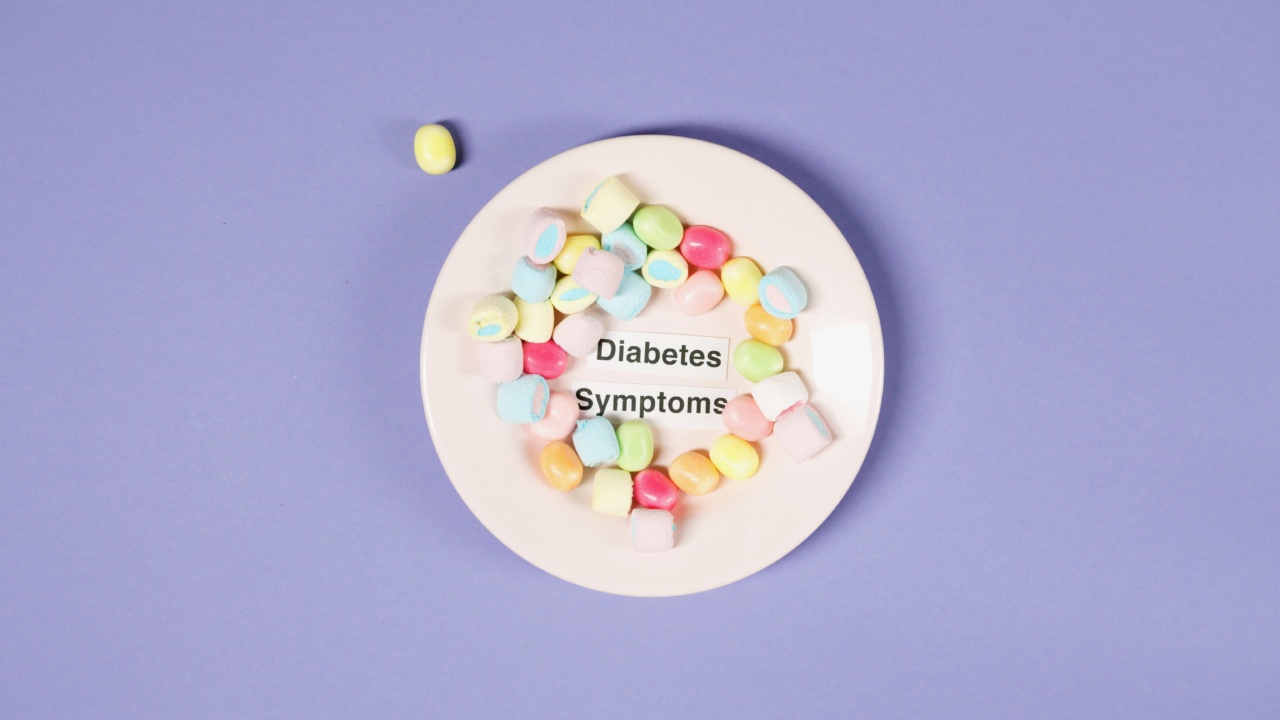Diabetes and kidney disease are two chronic health conditions that often go hand in hand. In fact, diabetes is the leading cause of kidney disease worldwide.
Understanding the link between these two conditions is crucial for early detection, prevention, and management. In this article, we will explore the symptoms and risk factors associated with the link between diabetes and kidney disease.
What is Diabetes?
Diabetes is a chronic metabolic disorder characterized by high blood glucose levels, either due to insufficient insulin production or the body’s inability to use insulin effectively.
Insulin is a hormone produced by the pancreas that helps regulate blood sugar levels. There are three main types of diabetes: type 1 diabetes, type 2 diabetes, and gestational diabetes.
What is Kidney Disease?
Kidney disease, also known as renal disease, refers to damage to the kidneys that can result in their impaired functioning.
The kidneys play a vital role in filtering waste products and excess fluids from the blood, producing urine, and maintaining electrolyte balance. When the kidneys are damaged, these functions become compromised, leading to a buildup of waste and fluids in the body.
The Link between Diabetes and Kidney Disease
The link between diabetes and kidney disease is primarily attributed to high blood sugar levels and high blood pressure, both of which are common complications of diabetes.
Symptoms of Kidney Disease in Diabetes
Early stages of kidney disease may not exhibit any symptoms. As the disease progresses, the following signs and symptoms may become apparent:.
- Increased thirst
- Frequent urination
- Fluid retention, leading to swelling in the ankles, feet, or hands
- Fatigue
- Changes in urine color and frequency
- Loss of appetite
- Nausea and vomiting
- Itchy skin
- Unexplained weight loss
- Difficulty concentrating
Risk Factors for Developing Kidney Disease in Diabetes
While all individuals with diabetes are at risk of developing kidney disease, some factors increase the likelihood of its occurrence. These risk factors include:.
- Poorly managed blood sugar levels: Consistently high blood glucose levels can damage the blood vessels in the kidneys.
- High blood pressure: Hypertension puts additional strain on the kidneys, increasing the risk of developing kidney disease.
- Duration of diabetes: The longer an individual has diabetes, the higher their risk of developing kidney disease.
- Family history: A family history of kidney disease or diabetes can predispose an individual to developing kidney disease.
- Obesity: Being overweight or obese increases the likelihood of developing type 2 diabetes, which in turn increases the risk of kidney disease.
- Smoking: Smoking damages blood vessels and reduces blood flow to the kidneys, increasing the risk of kidney disease.
Prevention and Management
Preventing or managing kidney disease in individuals with diabetes involves several key strategies:.
- Control blood sugar levels: Keeping blood glucose levels within the target range can significantly reduce the risk of kidney disease.
- Manage blood pressure: Regular monitoring and management of blood pressure through lifestyle modifications and medications are crucial in preventing kidney disease.
- Adopt a healthy diet: Focus on consuming a balanced diet rich in fruits, vegetables, whole grains, lean proteins, and low-fat dairy products. Limit the intake of processed foods, saturated fats, and salt.
- Exercise regularly: Engaging in regular physical activity helps maintain a healthy weight, improves blood sugar control, and reduces blood pressure.
- Avoid smoking and excessive alcohol consumption: Smoking and excessive alcohol consumption can further damage the kidneys and should be avoided.
- Regular check-ups: Routine monitoring of kidney function through urine tests and blood tests is essential for early detection of any abnormalities.
Conclusion
The link between diabetes and kidney disease is undeniable. Diabetes significantly increases the risk of developing kidney disease, and early detection and management are key to preventing its progression.
Maintaining optimal blood sugar control, managing blood pressure, and adopting a healthy lifestyle can go a long way in reducing the risk of kidney disease in individuals with diabetes.





























